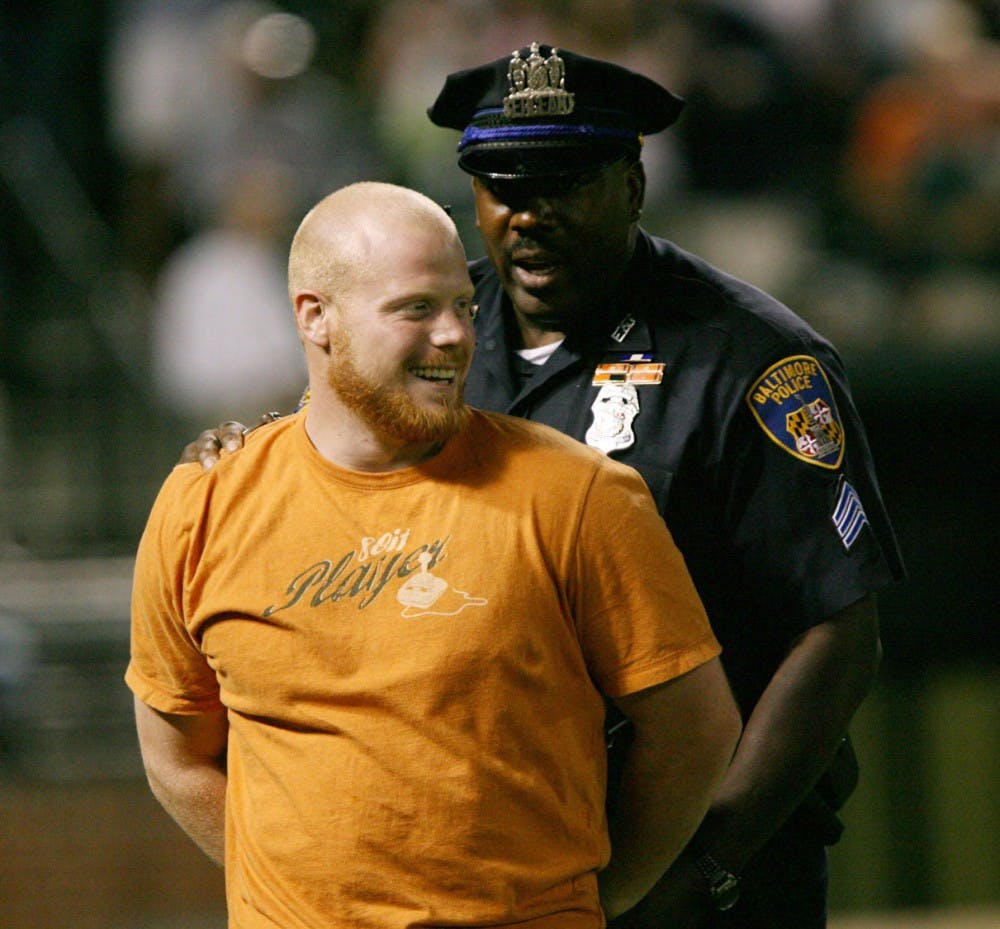By Joe Friedrichsen | Echo
The rise of widely publicized police shootings of unarmed civilians is sparking interest among police departments about issuing body cameras for their officers. But budget constraints will likely impact how widely these expensive devices are adopted by police.
In the U.S., there are currently around 700,000 sworn police officers, Reuters reported. Of the 20 largest police departments in the country, only 16 have partly equipped or plan to begin supplying their officers with cameras, according to a Reuters survey. The survey also found that not one of the 20 departments has been able to provide kits to all its patrol officers.
Part of this can be attributed to the high expense of outfitting officers. Cameras can cost between $350 and $700 each. Police departments also need to purchase costly systems to process and archive the many hours of video footage produced by the cameras. The cost of storing that archived footage is even higher.
Because of these problems, New York's Suffolk County is the only one of the 20 largest police departments not currently considering the use of cameras.
To help with these high costs, the Dallas Times reported, President Barack Obama is pushing for a $75 million plan to help buy 50,000 body cameras for police. This initiative has stalled because of congressional inaction.
In several U.S. cities-from Austin, Texas, to the small town of Munroe Falls in northeast Ohio-officers are buying their own cameras to record public interactions. The city of Cleveland, Ohio, also saw the use of personal cameras and cellphones by their officers. But just this year, Cleveland's city council approved funds to equip their officers.
Not everyone is convinced rushing to buy cameras for police officers is a good idea. Alex Sutherland, a researcher at Cambridge University, believes the effectiveness of cameras is still in question and that there needs to be more studies in more places about the utility of body cameras on police officers, NPR reported.
"If public money is being spent on this technology, the onus is certain to make sure that it's being evaluated as it's being rolled out, rather than deciding that it works and then that's that," Sutherland said.
The mayor of Baltimore, Maryland, Stephanie Rawlings-Blake, is also critical of police departments moving too fast to purchase cameras. Rawlings-Blake said on MSNBC's Morning Joe program that the rush to buy cameras by departments around the country is costing taxpayers millions of dollars, Reuters reported.
Proponents of body cameras believe equipped officers would be less likely to use deadly force, according to NPR. But opponents say wearing cameras could negatively impact police morale and recruitment.
In the long run though, Rick Smith-CEO of Taser, an Arizona-based public safety technology company-believes police departments may end up paying more should they not decide to purchase cameras.
"The argument we're seeing today is why don't we spend a bit more on cameras now and we'll save a lot on litigation in the future," Smith said.





